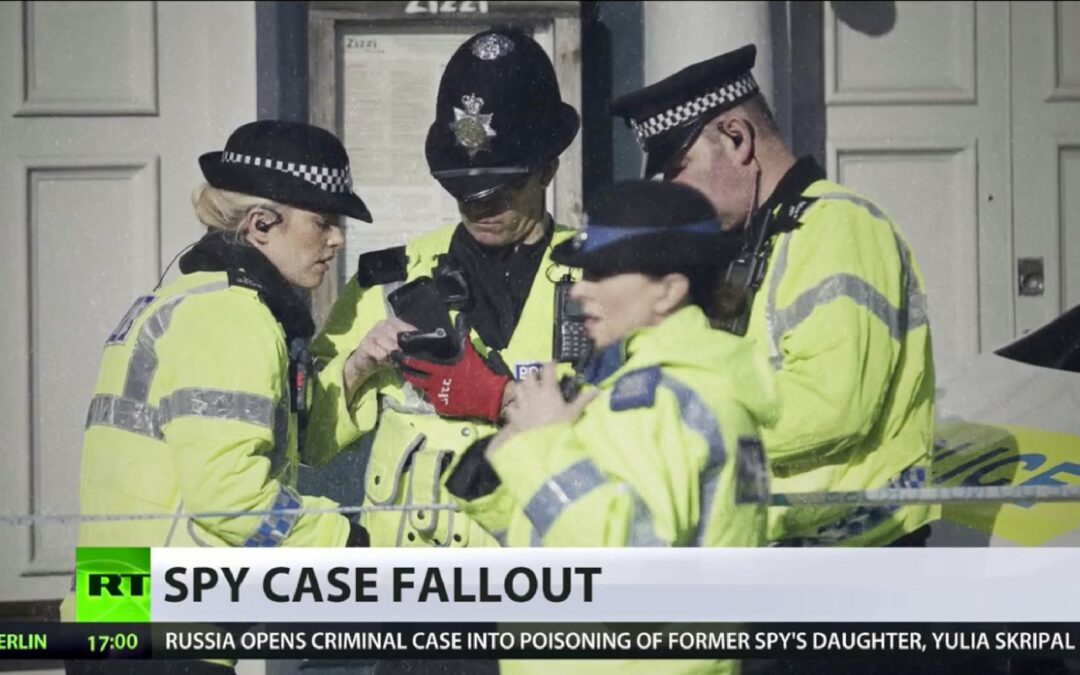
In 2024, our research team has been active across the globe, with quantitative or qualitative research in four continents and the introduction of exciting new OSINT capabilities. This year we conducted
- 37 nationally representative polls reaching 53,000 people in 12 countries
- 78 focus groups across 6 countries
- OSINT monitoring in four countries
- 20 mini polls on Telegram, the first time we have done this
During last year’s research team update I discussed the debut of our V6 research methodology. V6 identifies six key factors — identity, grievance, polarization, poor media habits, trust, and open-mindedness—that could make audiences vulnerable to disinformation and hostile state influence. By measuring these factors through polling, we can segment audiences to identify those most vulnerable, prioritise different interventions and measure their impact.
As with any new product, V6 has evolved. I’m proud to say that the second generation of V6 research, such as that conducted in Moldova in 2024, highlights why this methodology is so valuable to our clients and how it – along with our other research tools – is helping us guess at what 2025 might bring.
Following our first wave of V6 polling in Moldova last year, we conducted a second wave of polling in 2024. The 2024 wave identified the social trends – such as sharpened identity, heightened polarisation and increasing social media use – that were driving disinformation in the lead-up to elections. In fact, our polling predicted, down to a single percentage point, President Maia Sandu’s first-round election result and the outcome of the EU membership referendum. But the narrow referendum results risk crystalising a new dividing line in Moldovan politics – information integrity practitioners need to be aware of the potential for this to be a new means of destabilising Moldova in the lead up to the parliamentary elections in 2025.
Yet our polling work this year has been much more extensive than V6. As part of the USAID-funded Central and Eastern Media Programme (CEMP), that supports independent media across the region, we polled 10,000 people across Poland, Slovakia, Slovenia, Bulgaria, Romania, and Hungary, to understand the drivers of their media consumption and purchasing decisions. The findings – showing that around one in 10 people pay subscriptions for online news, while another one in five express a willingness to pay in the future – were well-received at the CEMP 2024 conference in Warsaw in November. For potential subscribers, interest-driven content and outlet independence are key payment drivers.
Listening to the discussions, I was struck by the bigger picture that appears from combining the learning from our V6 and CEMP findings: consumers are willing to pay for media that they feel represents people like them, but when media becomes disconnected from its audiences, they stop paying and malign actors fill the vacuum – exploiting the perceived values gap between media and consumers. Meanwhile commercial imperatives mean more quality media is going behind paywalls, whilst hostile actors are disseminating it for free on less regulated platforms. We need to find new commercial models for media that increase rather than decrease access. This presents a major challenge for both media organizations and those working on information integrity—an issue that will continue to be addressed by Zinc Network and other organizations throughout 2025.
Challenging perceptions of dyslexic children and how to support them
Teachers, support staff, SENCOs and parents are being urged to do more to help dyslexic children in school, in a new campaign launched by Made by Dyslexia and supported by Zinc Network.

Why perceptions of AI matter
The UK government has made improving and boosting research and innovation in both the public and private sectors a priority. Boris Johnson has committed to doubling the public R&D budget over 5 years, on the way to meeting a pledge of spending 2.4% of GDP on R&D by 2027. And investment in AI is an important element of these plans.

Privacy concerns threaten viability of track-and-trace app
Will Brits use a track-and-trace app?
With the opening of gyms, beauty salons and pubs, British society is tentatively emerging from lockdown. After months of restrictions, more and more of us are reacquainting ourselves with much-loved aspects of daily life.

Our future relationship with China
How do young people in the UK think we should engage with China in the years ahead? New research from The British Foreign Policy Group has revealed some surprising results.

How the alt-right is using Covid-19 as cover to spread propaganda
Earlier in the year, posters and stickers spouting racist messages began appearing in some London tube stations.
The stickers, which used the logo of Extinction Rebellion, the campaign group, implored people to “preserve an endangered species of white Brits”. They described coronavirus as a “cure” to end the “disease” that was mankind.

Far right hijack coronavirus crisis to push agenda and boost support
Extremists are using the pandemic to promote themselves as supporters of the community and spread fake information. Far-right movements are exploiting the coronavirus crisis to push their anti-minority agendas and win new support. A report by Zinc Network, a...

Tackling the rising threat of online child sexual abuse
Among the unintended consequences of lockdown has been a rise in online child sexual abuse, as our ECD Margherita Watt recently explained in The Independent.

Forces sweetheart supports Zinc lockdown film
At the start of lockdown, the late Dame Vera Lynn took to the pages of the Daily Mirror to support our film promoting social distancing.

Reducing the impact of harmful web content
Users of the Bing search engine who seek out potentially harmful web content will be served advertising that aims to build their resilience to this material, using a plan developed by Zinc Network. The Guide methodology draws on Zinc Network’s years of...

How Russia spreads disinformation via RT is more nuanced than we realise
Monitoring the output of state-controlled media allows us to counter its power – the Ofcom fine for RT is a start The £200,000 fine handed out by Ofcom to the TV network RT (formerly Russia Today) for repeatedly breaching impartiality rules over its coverage...
